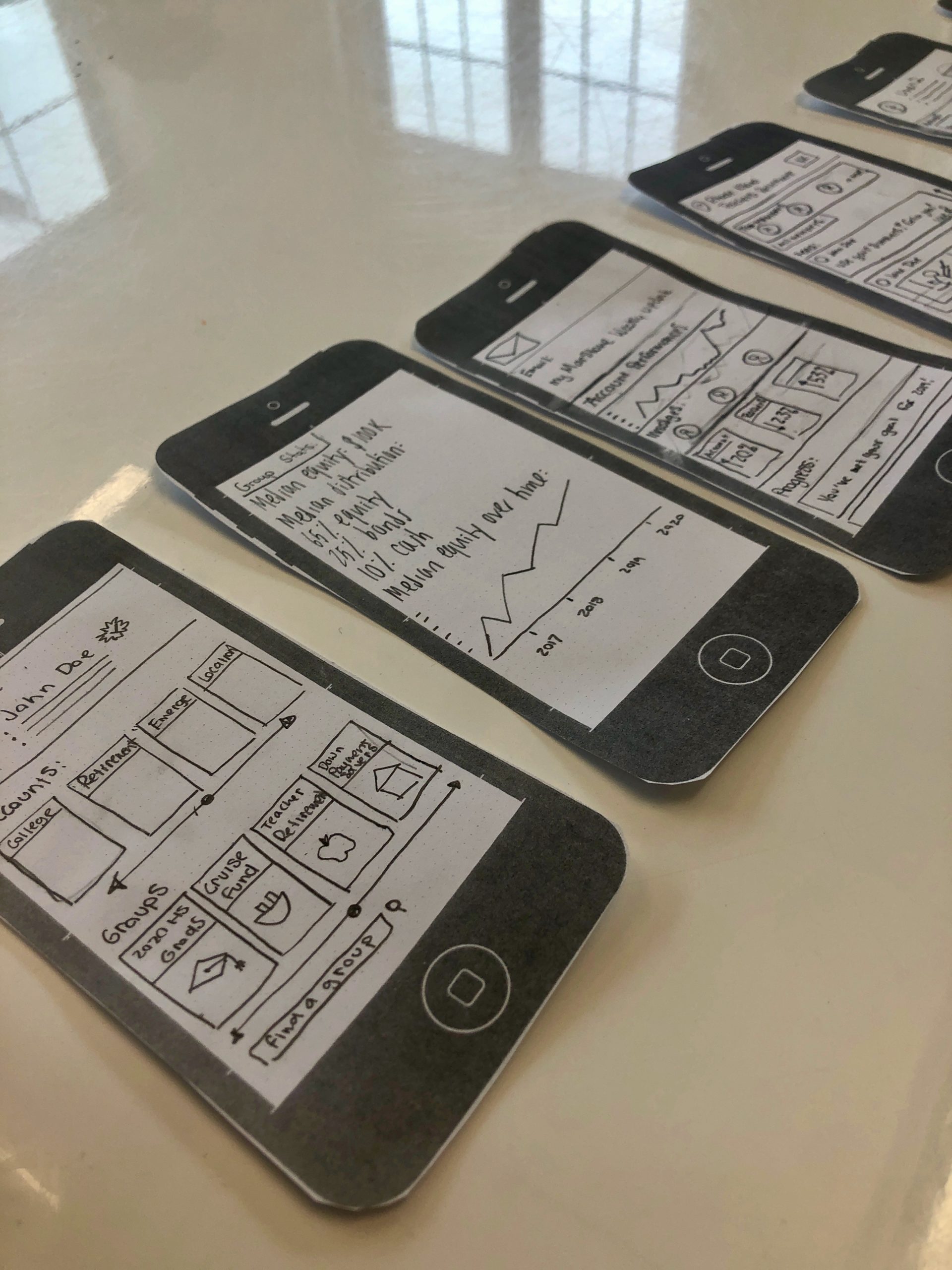A recent headline in The New York Times said it best: Summer internships are yet another casualty of the novel coronavirus in 2020. Fortunately, a silver lining exists for interns and nimble, tech-forward companies positioned to pursue it. Virtual internships could be the way of the future.
Among the industries hardest hit by the coronavirus’ economic fallout, travel and entertainment firms moved quickly to eliminate summer internship programs—American Airlines and Disney, to name just two, were considering it as of April. But Geico and other financial services firms are also following suit.
Eliminating interns is unfortunate on many levels. Summer internship programs provide invaluable opportunities for mentorship and networking. Job offers are, of course, the biggest prize. General Motors chairwoman and CEO, Mary Barra, and chairwoman and CEO of Xerox, Ursula Burns, both got their start as interns at their respective companies.
Generations such as the Millennials, who entered the job market during a recession when internships and employment openings were scarce, have failed to advance as quickly over their careers—or earn as much—as those who’ve graduated into boom markets.
The pain of eliminating internships cuts both ways: Firms likewise lose an opportunity to cultivate new talent. This holds especially true in banking and finance, which rely on interns to keep their employment pipelines full. The wealth management sector was already facing an aging workforce, and the loss of this summer’s intern cohort could exacerbate that trend.
A Virtual Silver Lining
As might be expected, tech-savvy companies, including Amazon and eBay, have devised a solution: the virtual internship. Even financial giants are considering this strategy, with Goldman Sachs’ summer intern program poised to go virtual, depending on how well reopening the country fares; this suggests that going virtual is as much about leveraging technology as it is about having the will to adapt.
But it has to be said that fintech firms, in particular, are perhaps the best positioned for this unprecedented moment. Setting aside the rhetoric of disruption, fintechs are often born of the problem-solving ethos of engineers. And like attracts like. People who want to work at these companies trend younger and hail from diverse educational and employment backgrounds, united only by a shared belief that pursuing innovation through technology can improve people’s lives.
This is certainly the case at Marstone, where experienced wealth practitioners came together with product and graphic design experts, as well as talented programmers, to build a digital advice platform that helps people achieve their goals while deepening financial literacy and inclusion. In their spare time, our designers paint, our developers build drones, and one of our interns is patenting a CRISPR-modified gene sequence.
This richness of perspectives informs our culture and our product. It has also helped us pivot quickly to offer a virtual internship program this summer. Kicking off in June, a cohort of three interns will work closely with our user experience team to uncover how COVID-19 is impacting their generation’s financial outlook. They’ll conduct peer research, prototype new features, user test, and iterate designs—all from their homes with regular check-ins via video conference.

Experience For The New Normal
Can a virtual summer internship offer everything that an in-office experience ordinarily provides? We’ll find out. Some observers wonder if the subtler, softer skills of the workplace that interns learn—how to position and advocate for yourself inside an organization, for example, or even how to dress appropriately for the office—might be lost.
Perhaps none of these details matter anymore because we’re all in uncharted territory. Indeed, if the “the new normal” is as different as some observers expect it to be, the workplace itself will be a very changed place in the years to come: Those who have experienced a virtual internship, both employers and interns alike, could be positioned best to emerge and excel.
No one has a crystal ball to predict how the impact of COVID-19 will continue unfolding–as ongoing events this spring have underscored. It seems fairly certain, however, that many of those who are able to do so will continue working from home during the foreseeable future. The option to work from home should be available for interns, too, so they can climb this critical first rung on their career ladder and so that firms can continue tapping this emerging talent.
There’s no question the world has changed, but internships must adapt with it. They’re too valuable not to do so.
Margaret J. Hartigan is the CEO and founder of Marstone Inc., the leading, independent enterprise-ready digital advice platform for financial institutions.





